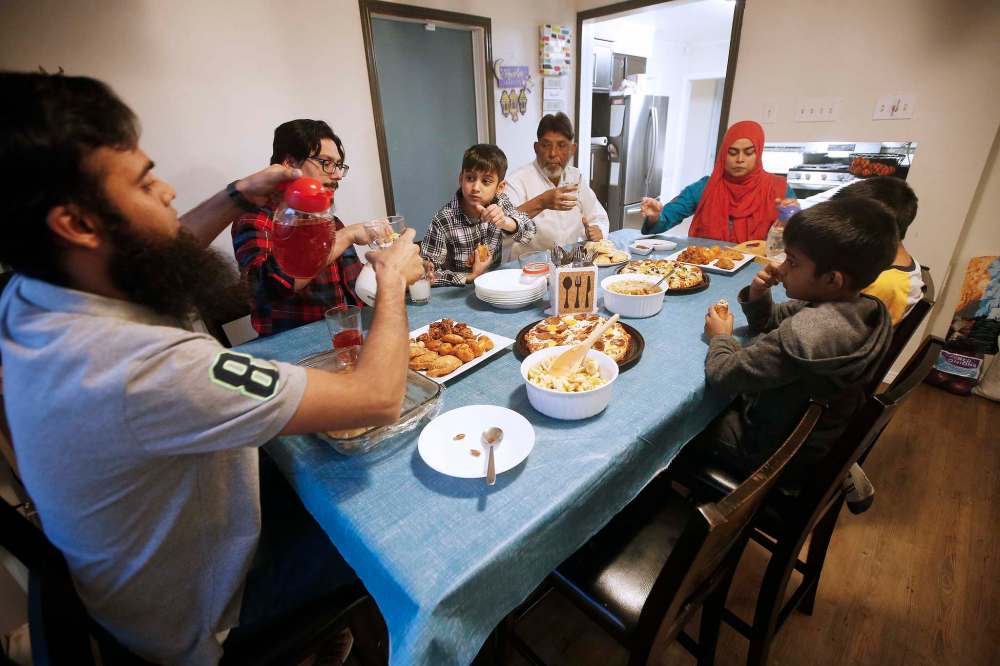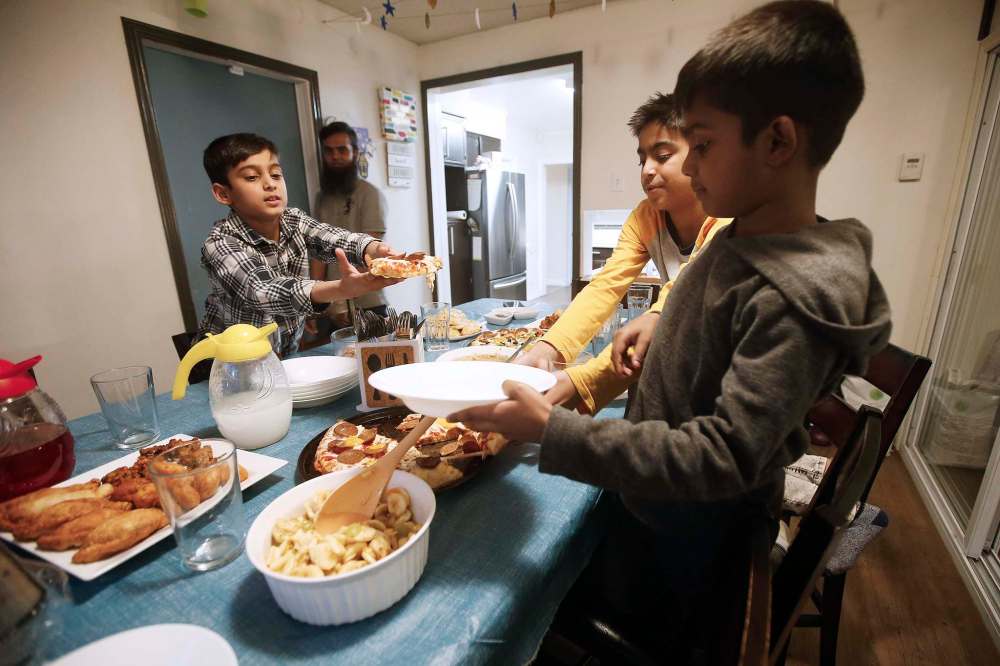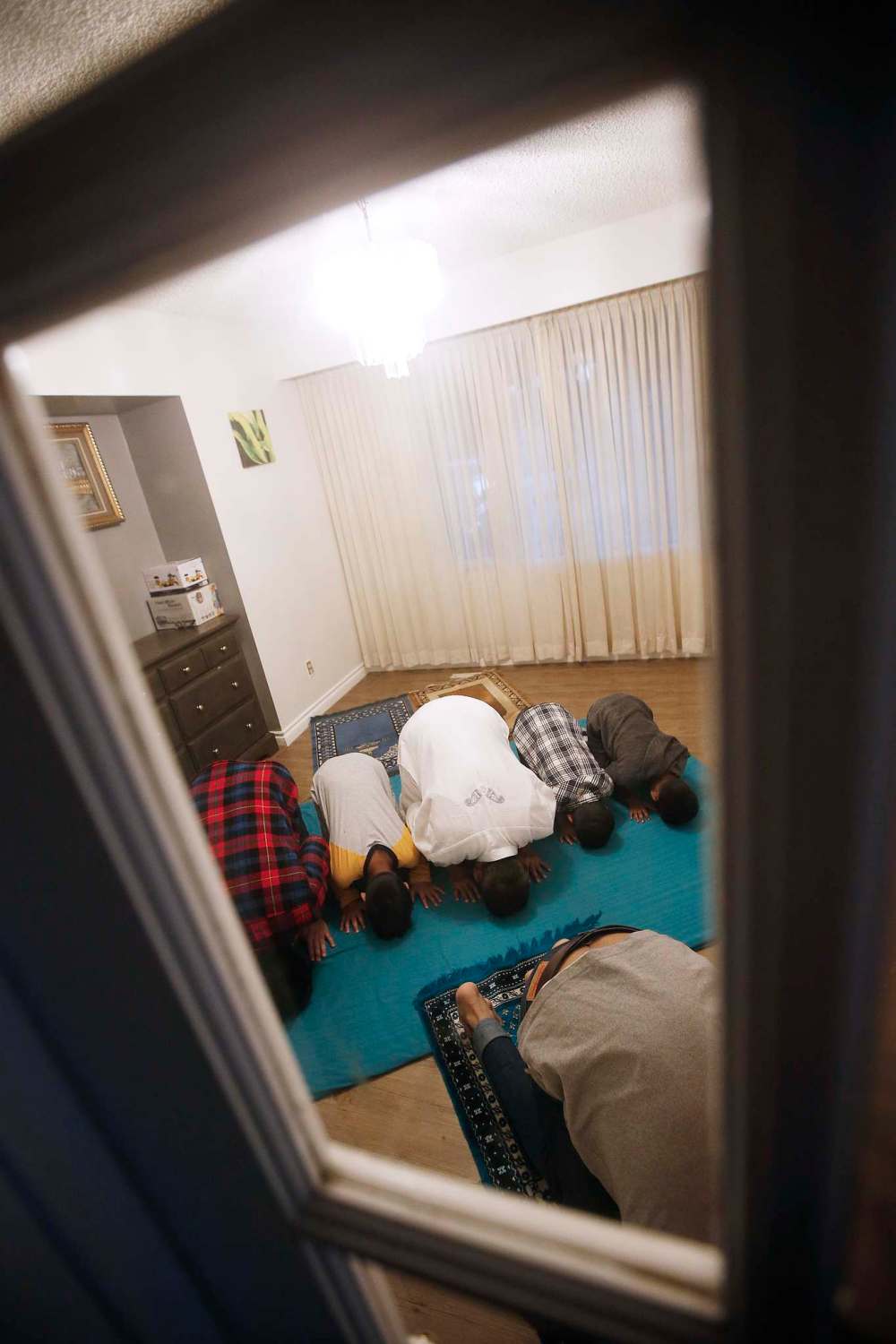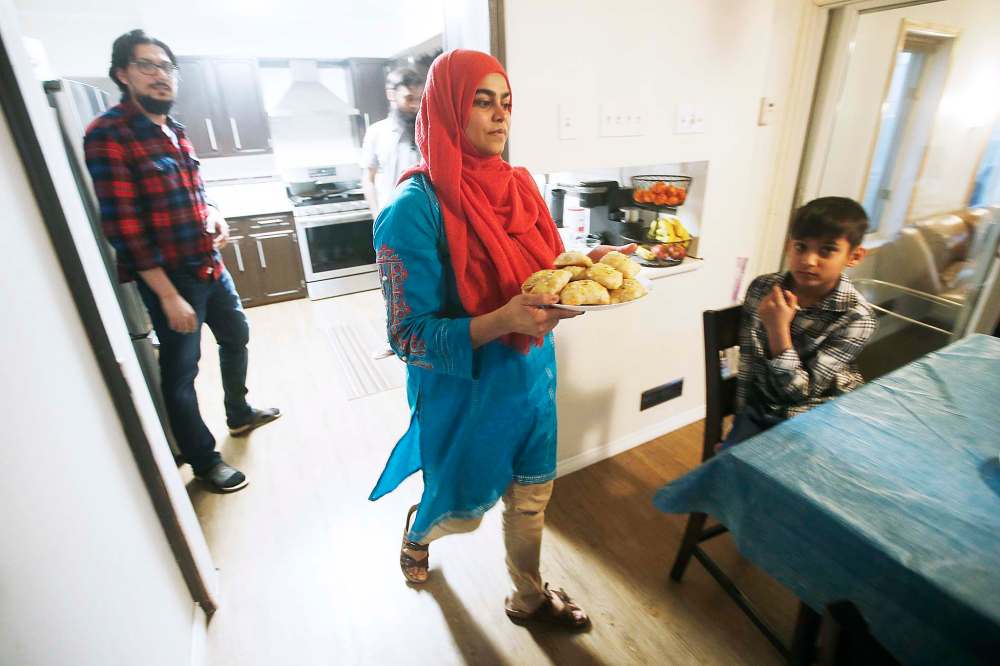9 p.m.
More room for reflection
Advertisement
Read this article for free:
or
Already have an account? Log in here »
To continue reading, please subscribe:
Monthly Digital Subscription
$0 for the first 4 weeks*
- Enjoy unlimited reading on winnipegfreepress.com
- Read the E-Edition, our digital replica newspaper
- Access News Break, our award-winning app
- Play interactive puzzles
*No charge for 4 weeks then price increases to the regular rate of $19.00 plus GST every four weeks. Offer available to new and qualified returning subscribers only. Cancel any time.
Monthly Digital Subscription
$4.75/week*
- Enjoy unlimited reading on winnipegfreepress.com
- Read the E-Edition, our digital replica newspaper
- Access News Break, our award-winning app
- Play interactive puzzles
*Billed as $19 plus GST every four weeks. Cancel any time.
To continue reading, please subscribe:
Add Free Press access to your Brandon Sun subscription for only an additional
$1 for the first 4 weeks*
*Your next subscription payment will increase by $1.00 and you will be charged $16.99 plus GST for four weeks. After four weeks, your payment will increase to $23.99 plus GST every four weeks.
Read unlimited articles for free today:
or
Already have an account? Log in here »
Hey there, time traveller!
This article was published 07/05/2020 (2052 days ago), so information in it may no longer be current.
Three brothers take their seats at a dining-room table laden with food: chicken samosas, saucy chickpeas, lentil fritters, sweet yogurt dumplings, two kinds of pizza, a pitcher of lemonade and jars of dates.
Above them, crisp paper lanterns and strands of shiny, painted salt-dough stars and crescent moons are products of more time spent at home this Ramadan.
At sunset, 8:56 p.m., the family breaks their fast with dates before heeding the call to prayer in their Southdale home.
The boys are first to make it back to the table for the iftar feast, each swooping in for a slice of cheesy pizza topped with halal pepperoni.

“Pizza, pizza, pizza!” seven-year-old Fahad Habib exclaims, savouring a bite while his older brothers Usaid, 9, and Mahad, 10, do the same.
Their uncle, Muhammad Ovais Syed, chuckles when he sees them huddled over the pizza. “Easy,” he says gently.

Minutes ago, Syed was leading Maghrib prayers for the boys, their father, Danish Habib, and their grandfather Tariq Habib, while their mother, Urooj Danish, prayed upstairs.
The whole family now joins together around the table — one that, if not for the current restrictions on social gatherings, would be too small.
They’re used to having 20 people over for sunset meals in their large sunroom during the month of Ramadan, an Islam tradition observed by adults fasting during the day.
It’s meant to be a time of reflection — “a training month,” Urooj says, and that’s been especially true during this pandemic, when they can “focus on getting closer to God.”
Not being able to see extended family and friends right now, Urooj’s husband Danish acknowledges, “It’s difficult, it’s challenging.”

But, Urooj reminds him, this is a chance to look at life from a new perspective.
“Especially in this time, we are trying to stay positive,” she says, smiling brightly at her young sons.
After dinner, when the boys have gone to play before bed, Danish rinses dishes in the kitchen sink and Urooj wipes down the table with Lysol.
She talks about her father, who died in Pakistan three weeks ago, five days after being diagnosed with COVID-19. He was 67, and had a compromised immune system.
“The pandemic taught me family is the most important thing.”
It’s been unspeakably tough, but Urooj says she chooses not to fall into misery.
She’s trying so hard to look on the bright side, she says, because the emotional well-being of her boys is her top priority.
“The pandemic taught me family is the most important thing.”
— Katie May


